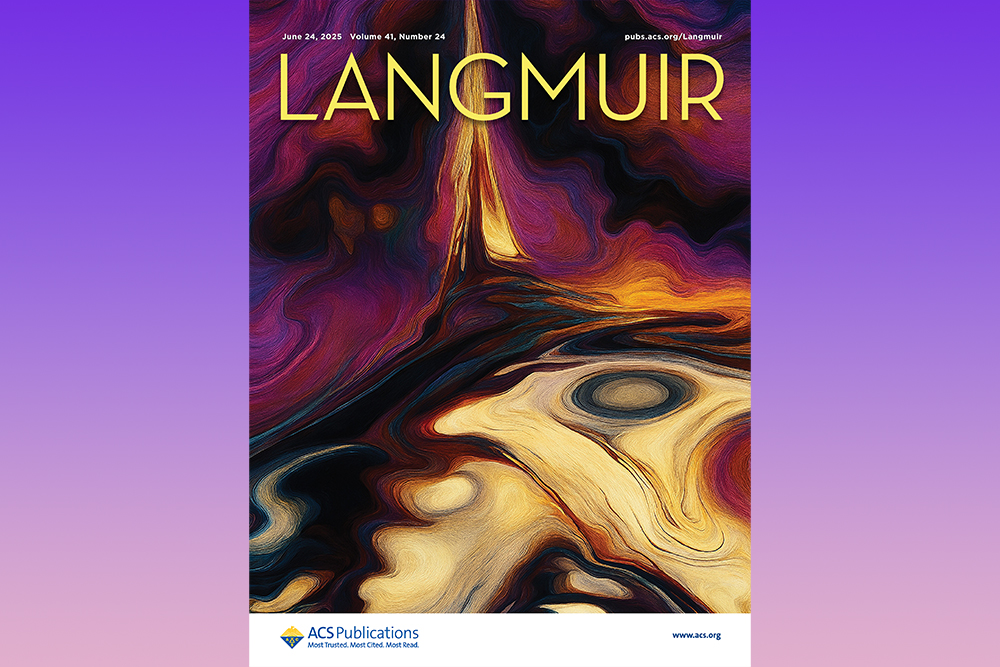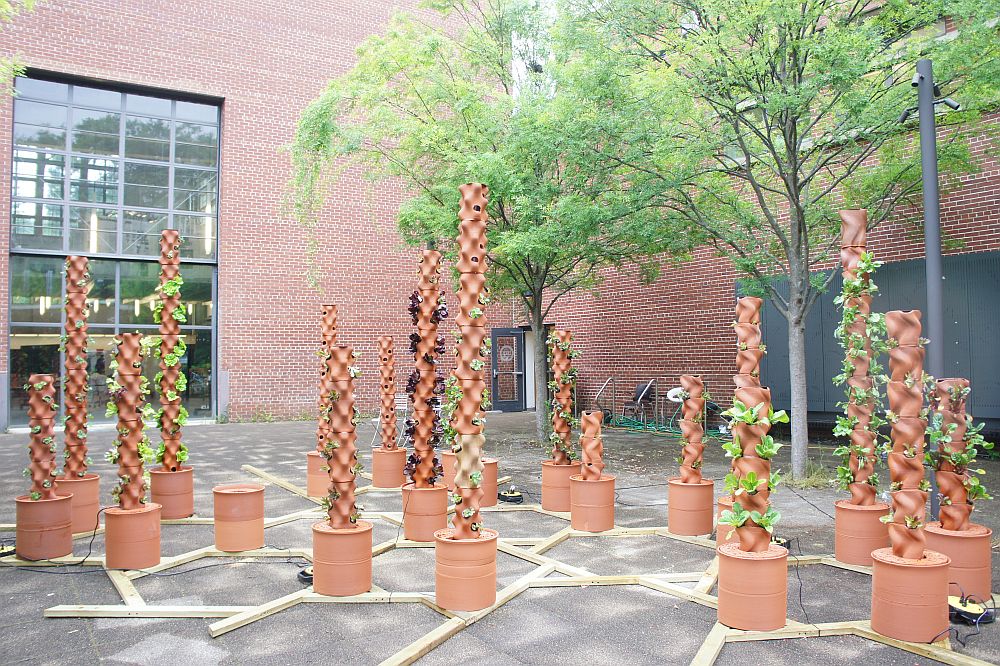
[Image above] Delivery of glass recyclate during the GlassLoop pilot project, which explored the potential of recycling defective car glass back into new windshields. Credit: The Audi Group
The Greentech Festival, which is pitched as Europe’s largest festival for green innovations, offers a prime platform for companies to publicize their advances in sustainability efforts. This year’s event, held in June 2023, was no exception—the Audi Group used the festival to announce the success of its “GlassLoop” pilot project, which explored the potential of recycling defective car glass back into new windshields.
There are stringent quality requirements for glass used in automotive applications to ensure safety. As such, companies traditionally prefer to make these products from raw materials rather than risk using recycled materials that may be of lower quality.
Because of this preference for raw materials, car windows that are damaged beyond repair—mainly windshields and panoramic roofs—have to date been reused for less demanding purposes, such as bottles or insulation.
The GlassLoop pilot project aimed to determine if this assumption about raw versus recycled materials was unnecessarily closing off a viable reuse route for defective car glass.
GlassLoop: Opening new reuse pathways for automotive glass
For the one-year GlassLoop pilot project, which began in January 2022, the Audi Group partnered with Reiling Glas Recycling, Saint-Gobain Glass, and Saint-Gobain Sekurit. An Audi press release from April 2022 explained that the companies aimed to process about 40 tons of recycled car glass by following the steps below.
- At selected dealerships in the Volkswagen Group’s retail network, customers’ damaged windshields are evaluated to determine if they can be repaired.
- If repair is not possible, the damaged windshields are delivered to Volkswagen’s Original Teile Logistik GmbH & Co. KG, which organizes the disposal of unneeded parts. Service partners then remove the windshields for recycling.
- After removal, the damaged windshields are delivered to Reiling Glas Recycling, where they are first broken into small pieces. Non-glass materials such as plastic (polyvinyl butyral), window edgings, metals, and wires (heating filament and antenna cables) are then removed using magnets, nonferrous metal separators, extraction units, and electro-optical sorting units.
- After these materials are removed, Saint-Gobain Glass (Herzogenrath, Germany) separates the glass granulates based on source and color, which are then stored in bins. The granulate is then mixed with quartz sand, sodium carbonate, and chalk, with the recycled glass content ranging between 30–50%.
- The plate glass is processed into rectangles of about 3 x 6 meters (10 x 20 feet) each. It is then sent to a nearby Saint-Gobain Sekurit plant, which adds glazing to the product.
In the project update announced at the Greentech Festival, the Audi Group confirmed that comparable quality could be achieved in glass containing up to 30% recycled content. This ability to successfully reuse car glass will reduce demand for raw materials, such as quartz sand, as well as reduce carbon emissions by up to 30% compared with manufacturing new glass.
The Audi Group and its partner companies now plan to shift this recycled glass into standard production as of September 2023, with production of windshields for the all-electric SUV Audi Q4 e-tron.
“For us, this cycle of making new car windows out of old ones is an important step toward producing automotive glass in a way that conserves resources and energy,” says Markus Obdenbusch, production manager in charge of the Saint-Gobain float plant at the Herzogenrath site, in an Audi press release. “We’re just starting to look at glass as a recyclate, so we anticipate that there will be more potential for improvement.”
Further Audi Group sustainability initiatives
GlassLoop is part of the Audi Group’s Act4Impact program, which is intended to minimize the effects of Audi’s supply chain on people and the environment. Other projects and initiatives that the Audi Group has implemented to improve the circularity of its products include
- Recycling aluminum scraps back into manufacturing since 2017;
- Using recycled steel in up to 15,000 inner door parts for the Audi A4; and
- Reusing mixed automotive plastic waste for the series production of the Audi Q8 e-tron, in partnership with plastics manufacturer LyondellBasell.
“It is our goal to recover as many materials as possible at a high level of quality and reuse them in production,” says Markus Duesmann, chairman of the Board of Management at the Audi Group, in a Green Car Congress article.
In recognition of this work, the Audi Group recently received one of the 2023 German Awards for Sustainability Projects in the “Recycling Concept” category.
The Audi Group ideally aims to achieve net carbon neutrality of its production sites by 2025. To reach this objective, the company initiated the Mission:Zero environmental program, which goes beyond decarbonization and supports efficient water use, resource efficiency, and the protection and preservation of biodiversity.
Author
Laurel Sheppard
CTT Categories
- Environment
- Glass
- Manufacturing


